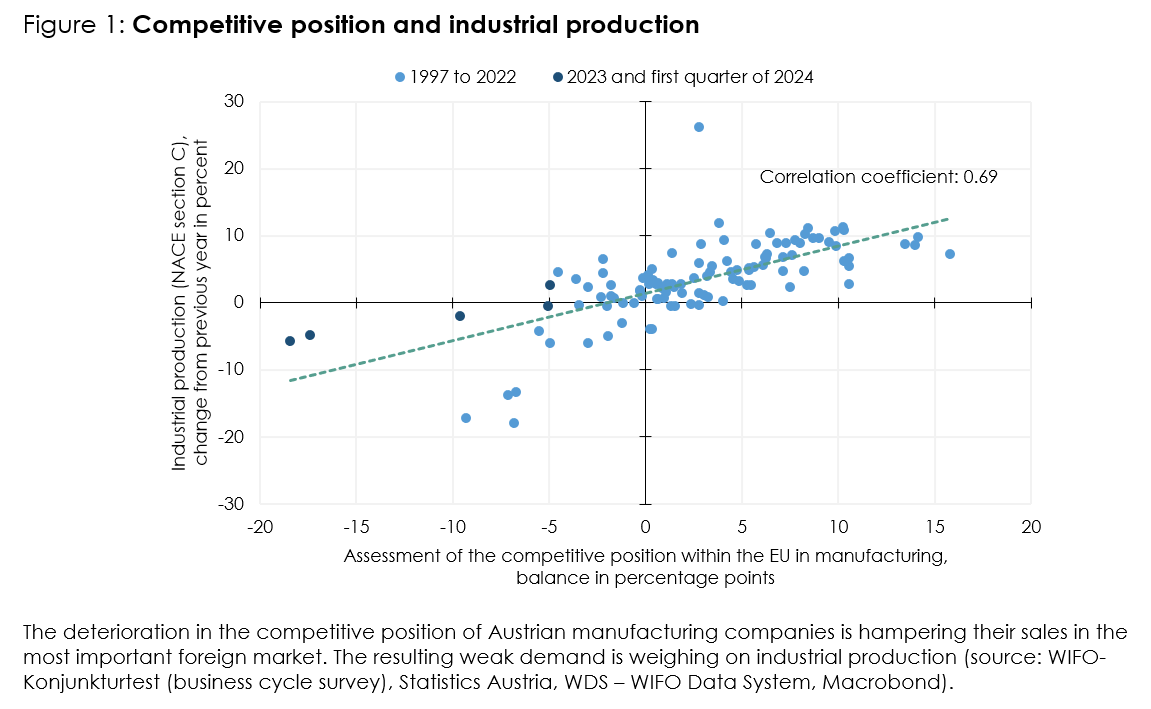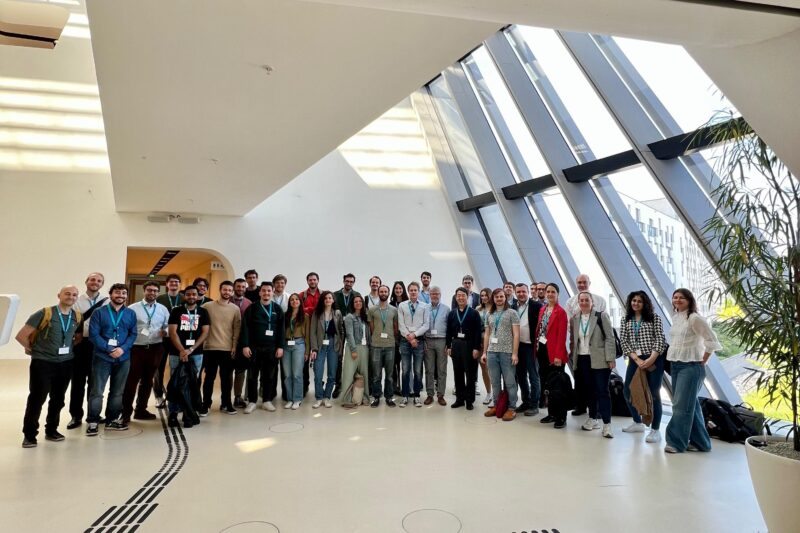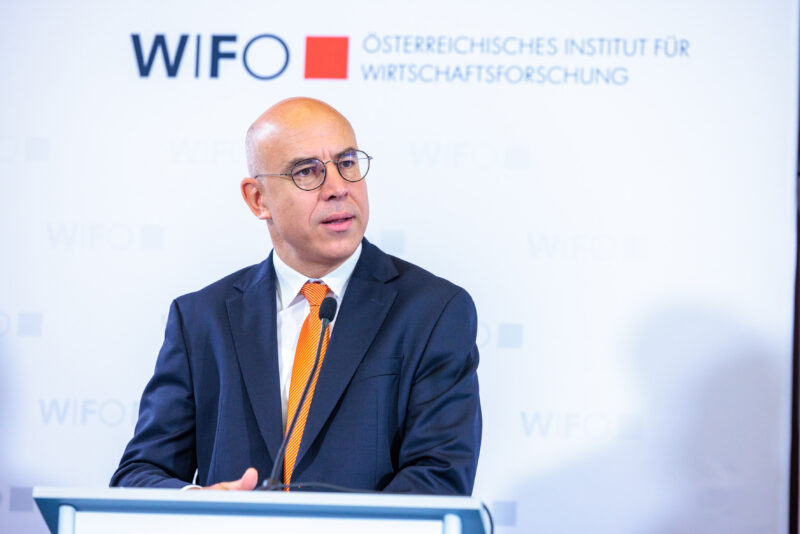
Economic Activity Slow to Gain Momentum
"According to company surveys, the international competitive position of Austrian manufacturing companies has recently deteriorated. This is dampening demand and thus production," says Christian Glocker, author of the current business cycle report.
The global economy maintained its moderate expansion course in the first quarter. The regional differences between the industrialised countries narrowed. In the euro area, economic output rebounded noticeably following a decline in the previous quarter. In the USA, however, growth lost considerable momentum.
In Austria, real GDP rose by 0.2 percent in the first quarter of 2024 compared to the previous quarter (according to Statistics Austria). Although growth of 0.2 percent is hardly different from stagnation, it is still the highest in 1½ years. On the supply side, economic output continued to be held back by the recession in industry but was stabilised by high value- added growth in numerous market-related services. On the demand side, a consumption-driven growth impulse stands out. However, its effect was dampened by the sharp rise in imports. On the income side, wage income grew strongly in the first quarter, while capital income declined.
Leading indicators continue to point to a difficult economic environment. Economic sentiment remains very pessimistic in the manufacturing and construction sectors. This applies to both the current situation and the outlook. By contrast, the mood among service providers is more optimistic, although their expectations have recently deteriorated again. Consumer confidence remains very low. Above all, the subjectively perceived risk of job losses is above average and has recently increased further.
In April 2024, the consumer price index was 3.5 percent above the previous year's level. This was the lowest increase since September 2021, although consumer price inflation remained above the euro area average. In May, inflation in Austria is likely to have eased slightly to +3.3 percent (according to Statistics Austria's flash estimate). Producer prices were 4.8 percent below the previous year's level in April, having already fallen noticeably in the previous months. Therefore, albeit with a time lag, the slowdown in consumer price inflation is likely to continue.
The economic downturn is also affecting the labour market. Unemployment continued to rise recently, while the number of job vacancies decreased. According to preliminary estimates, dependent active employment in May 2024 was 14,000 above the previous year's level (+0.4 percent), compared with just under +17,000 in April. At the end of May, around 25,000 more people were registered as unemployed than a year ago (+10.1 percent). The unemployment rate (national definition) is expected to be 6.4 percent (0.5 percentage points above the previous year).

Please contact
















